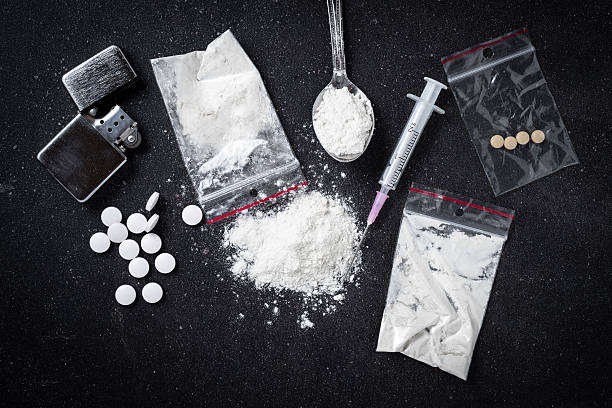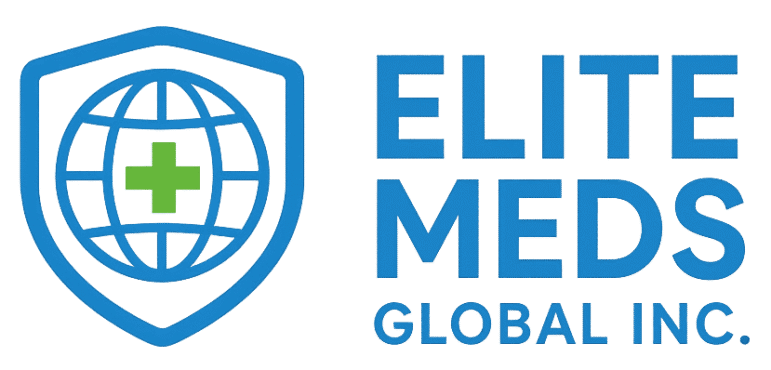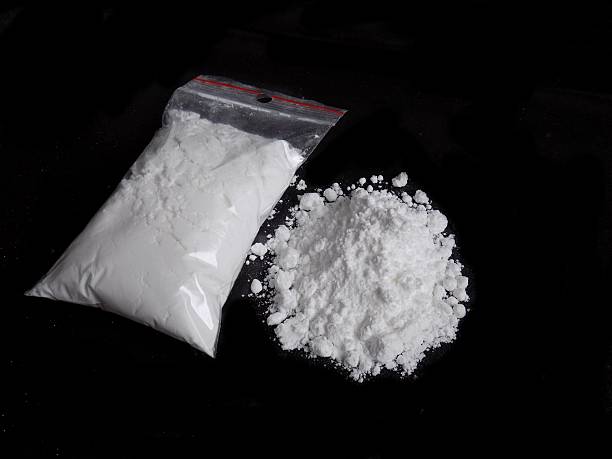Global Spotlight:- A News Update!
Medical use of Heroin and Fentanyl, supplied by Elite Meds Global Inc. (a certified online pharmacy) operates in a regulated corner of modern medicine: supplying, under license with strict customer discretion, certain opioid medicines that have both important medical roles and serious potential for harm. This update explains the medical uses, legal and safety frameworks, risks and patterns of misuse, and how a responsible, licensed supplier operates to protect patients and public health.
What to know about medical use of heroin and fentanyl 101 — medically speaking?
Diamorphine (commonly known as pharmaceutical-grade heroin) is an opioid with historical and, in some countries, current medical applications for severe pain and specific treatment programs. In the UK and several European health systems, diamorphine has been used under prescription for acute severe pain, palliative care, and in tightly controlled programs for opioid-dependent patients who have not responded to other treatments. It is an established, potent opioid that is regulated as a narcotic under international drug control conventions. PubMed Central
Fentanyl is a synthetic opioid that is far more potent than morphine. It has important legitimate uses in medicine — for example, as an anaesthetic adjunct, in postoperative pain control, and as transdermal patches for opioid-tolerant patients with severe chronic pain. Because of its potency, fentanyl requires careful patient selection, dosing, and monitoring. Medical guidance warns of the serious risk of respiratory depression, interactions with other drugs, and overdose if misused. MedlinePlus
Legal and international controls of medical use of heroin and fentanyl
Both diamorphine and fentanyl are subject to international controls designed to limit them to medical and scientific purposes. The 1961 Single Convention on Narcotic Drugs and related treaties set the framework for national licensing, reporting, and oversight of manufacture, distribution, import/export, and prescribing. Countries that permit medical diamorphine or fentanyl do so under strict national laws and licensing systems; these controls are intended to prevent diversion into illicit markets while allowing legitimate therapeutic use. NCBI

Medical benefits and clinical settings
When used properly, these opioids can be life-changing in the appropriate contexts:
- Severe acute pain and palliative care — opioids including diamorphine may be prescribed where other analgesics are inadequate. Clinical guidance and specialty formularies outline indications and dosing. Right Decisions
- Opioid-treatment programs — in a small number of countries, medically supervised diamorphine prescription is part of treatment for severe opioid dependence when conventional opioid-agonist therapies (methadone, buprenorphine) have failed. These programs are highly structured and involve clinical oversight. Frontiers
- Chronic severe pain in opioid-tolerant patients — fentanyl formulations (including transdermal patches) are used only in patients already tolerant to strong opioids, with prescriber monitoring to reduce risk. FDA Access Data
Misuse, illicit markets, and public-health harms
The same properties that make fentanyl and diamorphine medically effective (very strong opioid activity) also make them dangerous when diverted or used improperly. In recent years, illicitly manufactured fentanyl has been a major driver of overdose deaths in several countries because tiny amounts can be fatal, and because fentanyl is often mixed into counterfeit pills or other illicit drugs without users’ knowledge. Public-health responses include naloxone distribution, drug-checking services, and treatment access expansion. National Institute on Drug Abuse
How a responsible licensed supplier operates: Elite Meds Global Inc.
A certified pharmacy that legally handles these substances must build safety and compliance into every step. Here’s how a responsible operator like Elite Meds Global Inc. would — and must — operate:
- Strict licensing and jurisdictional compliance
- Supply only under the licences held in the jurisdictions where the company is authorised to operate; comply with national controlled-substance laws and international reporting obligations. (International conventions require that narcotics be limited to medical/scientific use.)
- Prescription verification if available and medical oversight
- Dispense these medicines when there is a valid prescription from an authorised, certified prescriber. But other some circumstances, we deliver this products to most of our clients without prescription form other authorities but ours. Hence, it often include pharmacist review and, where appropriate, consultation with the prescriber before dispensing. This protects patient safety and also provide discretion.
- Patient selection and education
- We do not always ensure patients meet clinical criteria (e.g., opioid tolerance for fentanyl patches). But we provide clear instructions, counselling on risks and interactions, and written safety information (storage, disposal, overdose signs, naloxone).
- Controlled logistics and secure, discrete delivery
- Use secure, trackable shipping, sharing only the minimum data needed with couriers; this protects the client’s information and privacy.
- Record-keeping and auditing
- Maintain detailed records only when necessary for auditing, regulatory inspections, and reporting obligations — this supports accountability and traceability in the supply chain.
- Harm-reduction and public-health alignment
- Coordinate with local health services on safe-use measures (e.g., naloxone availability) and avoid practices that could contribute to illicit diversion.
Public-health stance: balancing access and safety with medical use of heroin and fentanyl
The central tension is clear: legitimate clinical need versus the potential for severe harm if opioids are diverted or misused. Policymakers, clinicians, and responsible suppliers must work together to ensure access for patients who benefit clinically while minimizing public-health risks through strong regulation, surveillance, and harm-reduction interventions. International frameworks mandate limiting these substances to medical/scientific use — a principle that underlies responsible supply. NCBI+1
Q&A — Quick answers for patients and clinicians
Q: Can I order diamorphine or fentanyl online from Elite Meds Global Inc. if I have a prescription?
A: Only if Elite Meds Global is licensed to supply those medicines to your country, and you present a valid prescription from an authorised prescriber. Prescription verification, clinical checks, and legal compliance are mandatory before any dispensation. (Supply across borders is tightly regulated and often restricted.) NCBI
Q: How does the company prevent diversion or misuse?
A: Through strict prescription verification, pharmacist review, secure supply chains, record-keeping, and adherence to national and international controls — plus patient education and follow-up. incb.org
Q: What should patients know about safety?
A: Never share opioids; store them securely; follow dosing exactly; be aware of dangerous interactions (especially agents that depress respiration or CYP3A4 inhibitors with fentanyl); keep naloxone available if at risk of overdose. Seek immediate help for signs of respiratory depression. MedlinePlus
Takeaway on medical use of heroin and fentanyl
Diamorphine and fentanyl have legitimate, narrow medical roles but are also associated with significant public-health risks when misused or diverted. A certified supplier like Elite Meds Global Inc. can play a constructive role only by operating within the full framework of legal licensing, clinical verification, secure logistics, and transparent record-keeping — and by supporting harm-reduction measures in the communities they serve. The balance between access for legitimate patients and safeguarding public health depends on rigorous compliance, medical oversight, and continuous coordination with regulators and health systems.

